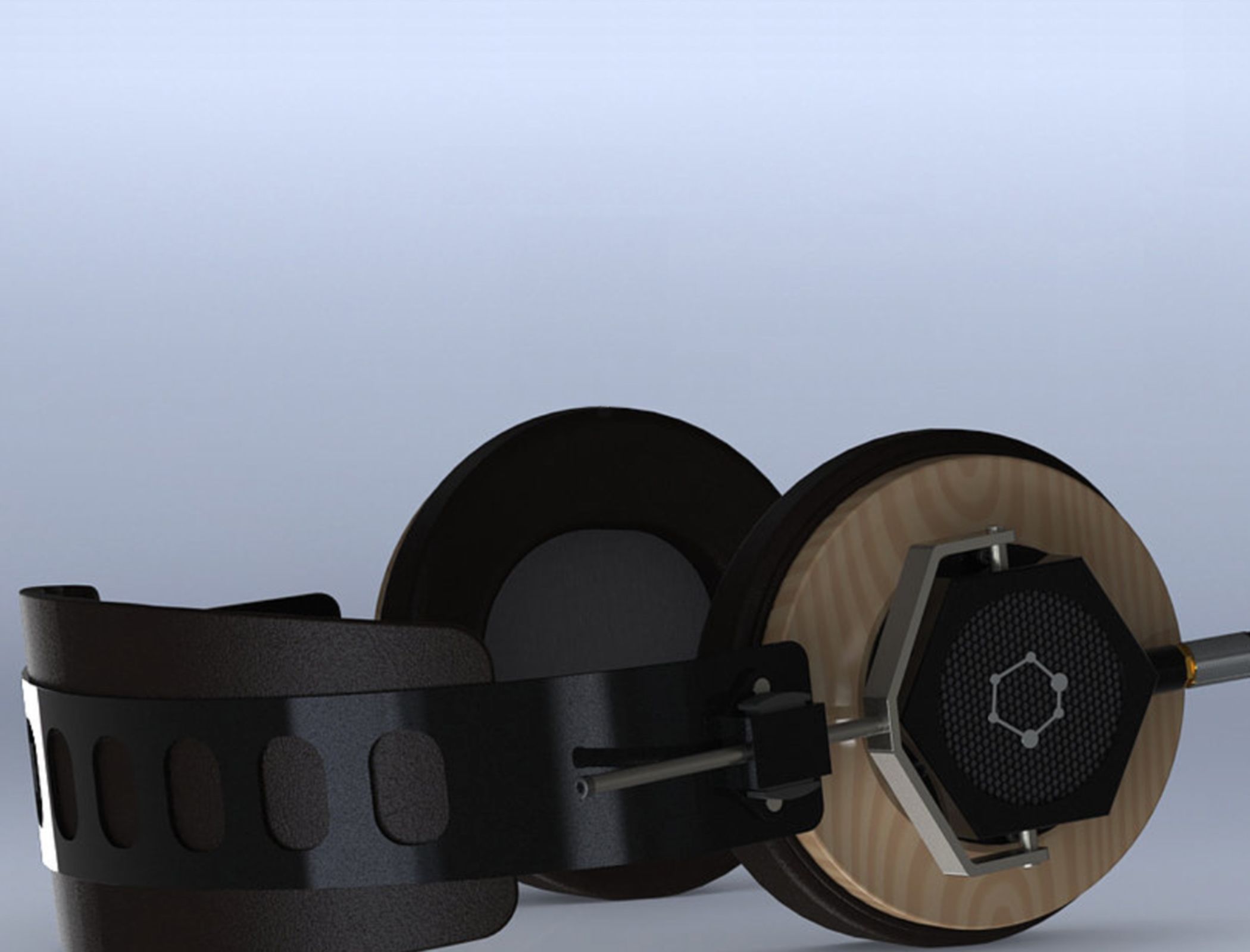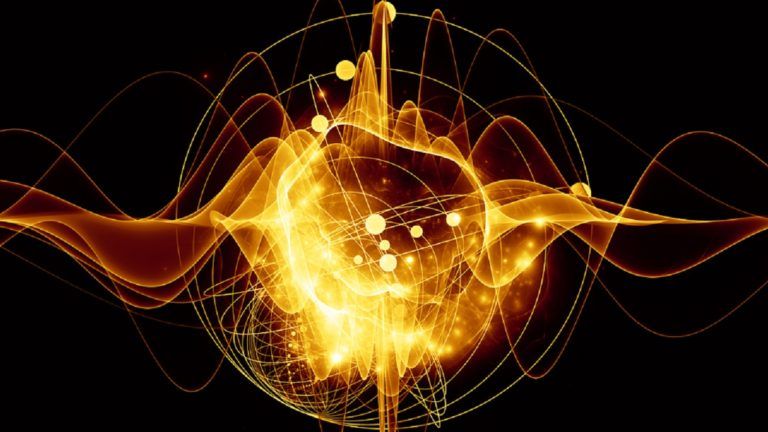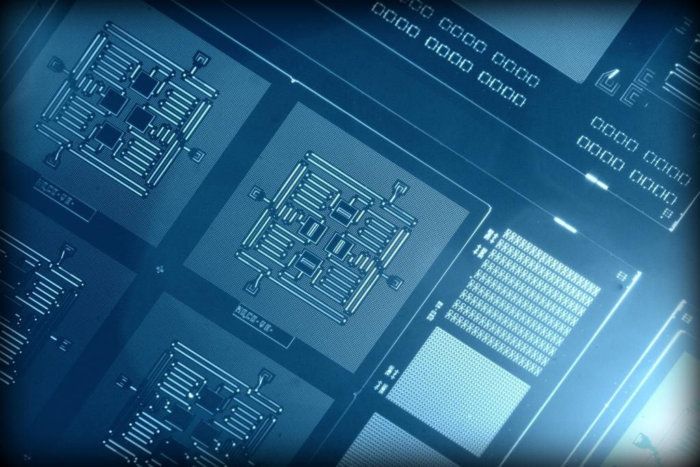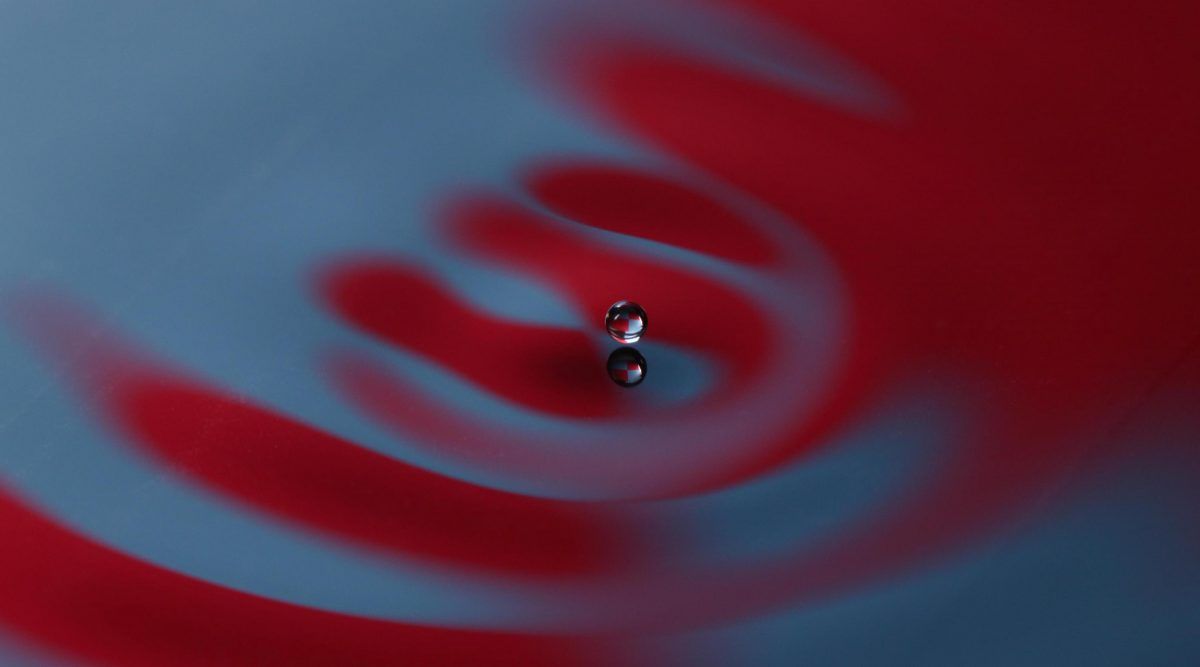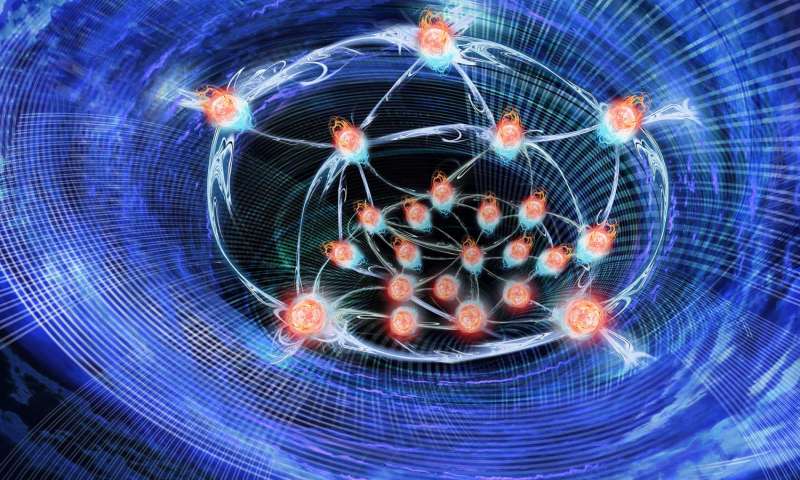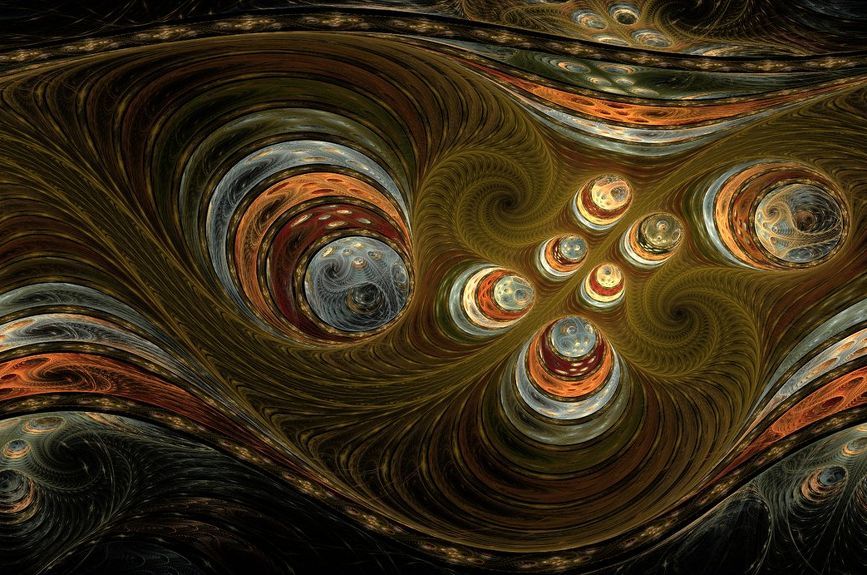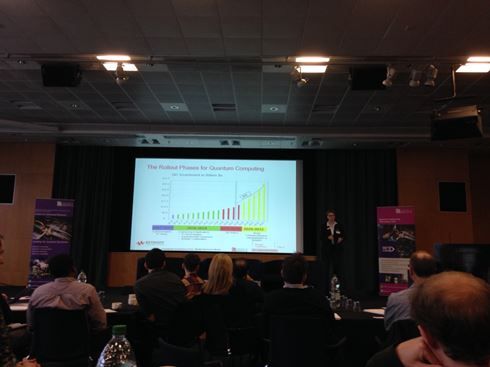Want a louder bass or speakers in general get Quantum.
Ora, a Montreal-based tech start-up, has announced that it has developed the first consumer-ready graphene loudspeaker.
The company believes that graphene holds the ideal properties sought after in loudspeaker diaphragms: stiffness (graphene is stronger than diamond) and lightness (graphene is the thinnest known material, one atom thick).
Building acoustic transducers with these properties allows for the production of smaller, lighter, more energy-efficient loudspeakers, while also improving sound quality. However, the difficulty and expense of mass-producing graphene has presented a roadblock to bringing the material to consumer products.
